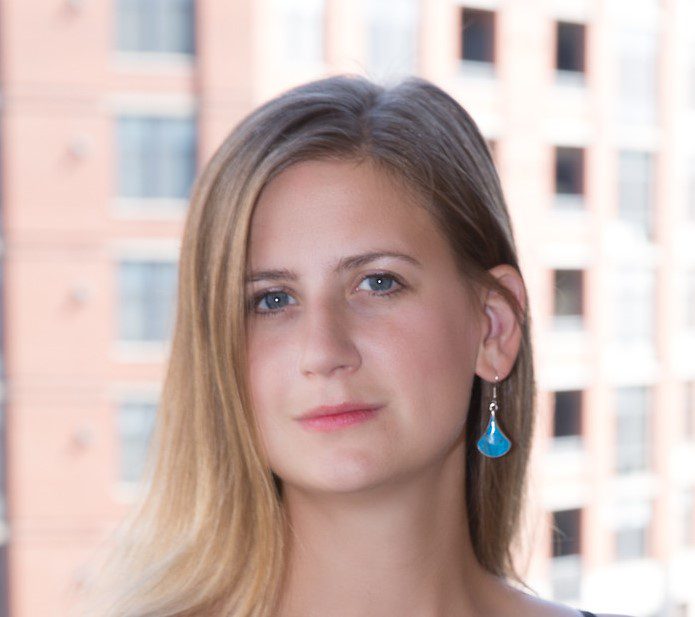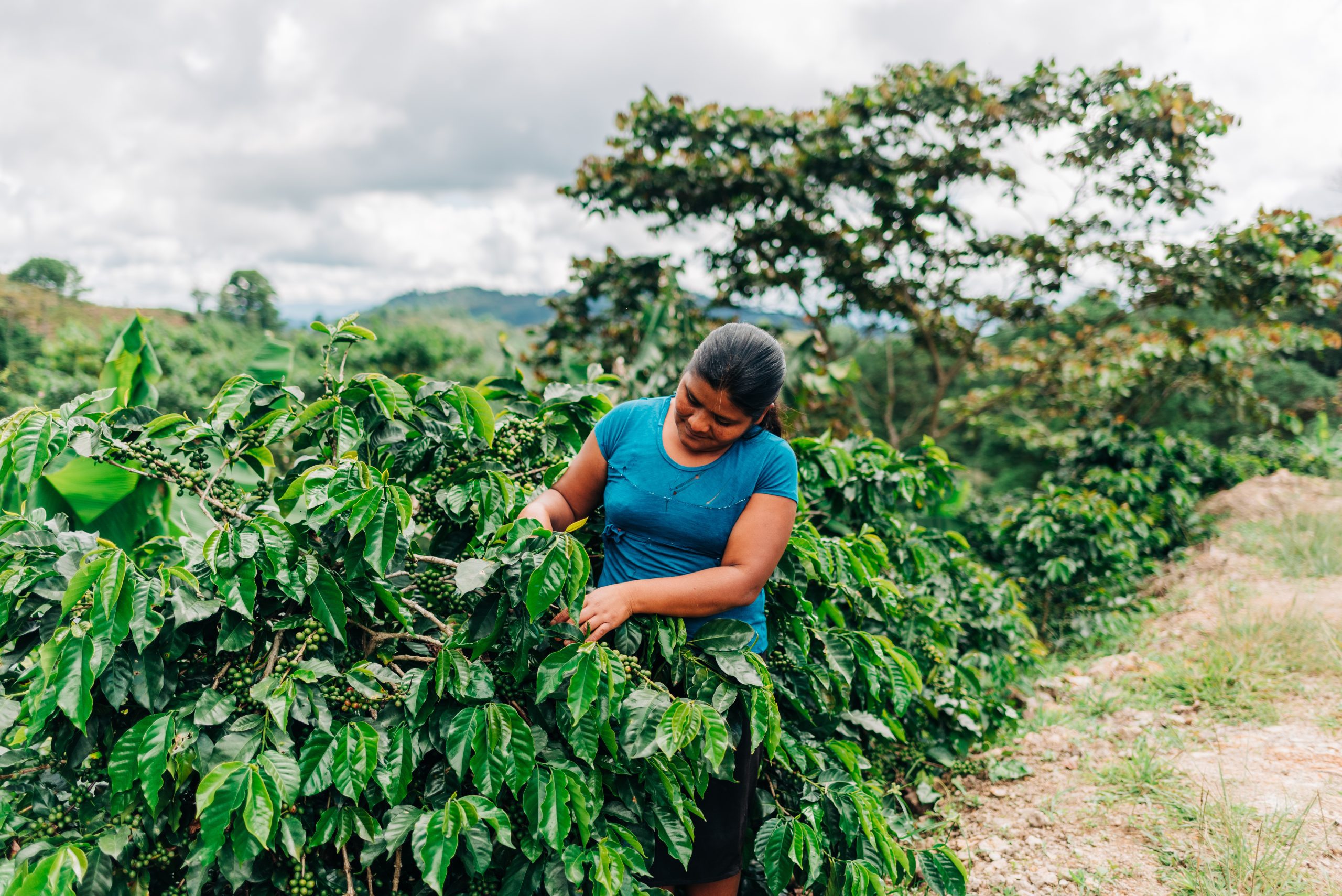Lessons in Gender Equality: 5 Questions with Cait Nordehn, Global Gender Advisor
Cait Nordehn joined TechnoServe in January 2021 as our new global gender advisor. In this Q&A, she answers questions about her background, what drew her to TechnoServe, and what aspect of her work she is most passionate about.
Cait Nordehn is a gender specialist with nearly 10 years of experience promoting gender equality and inclusive economic growth by providing technical support to implementing organizations, development practitioners, and researchers. She holds a master’s degree in anthropology with a concentration in international development from the George Washington University and is proficient in French.
1. What is your background in gender and development?

Like many people, I became interested in international work after studying abroad. However, I would say I did not become truly committed to development work until plunging into the field of anthropology. Through research opportunities and coursework in George Washington University’s anthropology master’s program, I learned how to better understand and interpret global systems, societies, and people.
I knew that I wanted to apply this anthropological lens to help change systems that often do not work well for everyone, including women. Early on in my journey, I focused on human rights, researching migrant experiences in Europe, as well as issues related to women, peace, and security.
Along that path, I started working with practitioners focused on promoting gender equality and women’s empowerment, primarily in agriculture, food security, climate change, and health programs in sub-Saharan Africa and Asia.
The gender integration tools I learned to use complemented what I had learned and value: designing with, and for, women and men to increase opportunities for all. In my career, I’ve also had the chance to address unequal power dynamics within development organizations shaped by gender norms, age, race, ethnicity, and geography.
2. What drew you to TechnoServe’s mission?
I think it is so critical that development organizations emphasize “working with” people to achieve goals. By working with enterprising people, we embrace an approach where women’s and men’s aspirations, talents, and ideas help shape what success looks like.
This philosophy aligns with my values, and I believe it supports sustainable impact. I was also drawn to TechnoServe’s commitment to promoting gender equality and women’s economic empowerment. I look forward to working with staff and partners to continue to apply a gender lens to our work.
3. What aspect of promoting gender equality are you most passionate about?
This type of work can help change the world by changing the ways people see the world and themselves in it. I am most passionate about finding ways to help people build their comfort level in applying a gender lens to understand a problem and identify solutions that will benefit more people.
I do this in my work through formal training, but just as importantly, through conversations and consultation. Nothing brings me more joy than when something I have shared or taught gets people thinking in new ways.
A room (or a Zoom) full of light bulbs going off is incredibly inspiring and, frankly, necessary to promote gender equality through our work effectively. This is not something anyone can do on their own.

4. What lessons have you learned from your previous work that you are excited to bring to TechnoServe?
Gender experts tend to become hyper-aware of power dynamics in any space they are working in. One of the most important things I have learned along the way is to remain aware of my position(s) of power within the different spaces and geographies I’m working in. This is important to not only be a good colleague and person, but to determine the best entry points and partners for promoting gender equality within a program.
Secondly, context matters, and all contexts are complex and dynamic. I rely on global gender equity indices or other quantitative data to understand key gender disparities in regions, countries, or program zones.
I also see the value in using qualitative methods, whether through needs assessments or monitoring and evaluation, to unpack the context-specific drivers of gender inequality and opportunities for positive social change.
I’m excited to bring some lessons learned working with the U.S. Agency for International Development, the International Development Research Center, the International Food Policy Research Institute, and others to identify practical ways to use gender-focused qualitative methods in design, monitoring, and learning.
5. What’s a fun fact you’d want people to know about you?
Throughout my life, I’ve been involved in the performing arts, particularly theater, dance, and music. I do not think a year has gone by since I was four — except this one — where I was not part of a performance. My first passion was dance, primarily ballet, and later on, modern dance.
In the last decade, I took on a new hobby: Brazilian drumming. I’ve learned how to play various claves and songs on the caixa with a group I perform with in Washington, D.C. During quarantine, I bought an autoharp, and I am learning to play that. Sadly, I do not think there will be any live or virtual performances any time soon!
Empowering women to achieve their full potential is one of the most powerful ways to fight poverty. Learn more about TechnoServe’s women’s economic empowerment work.




